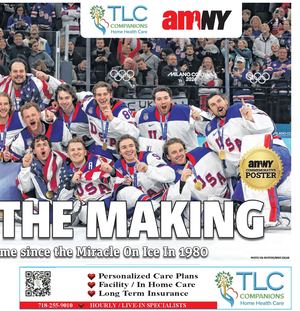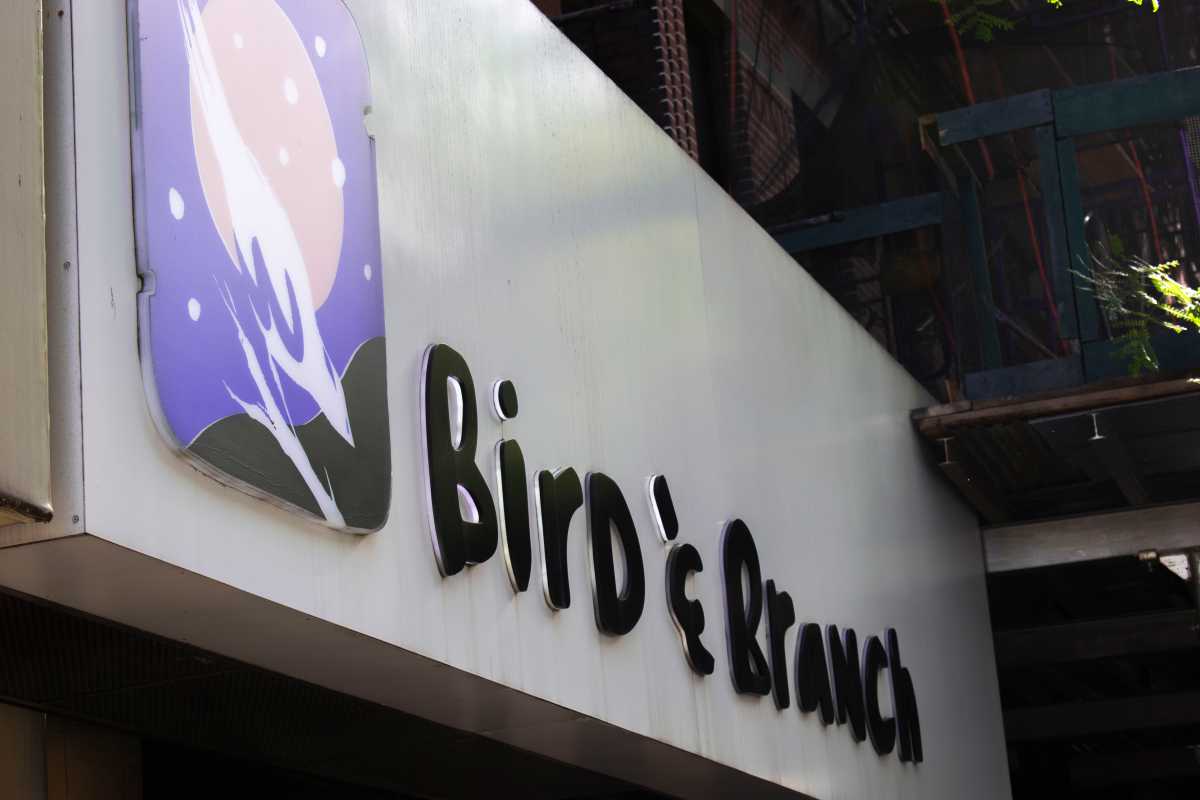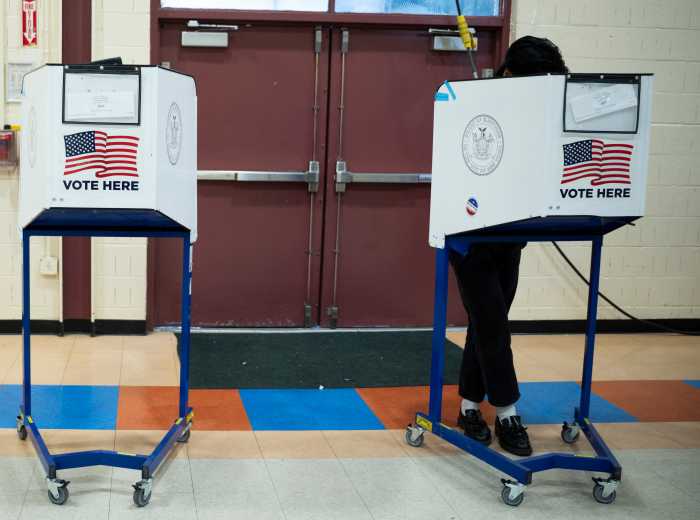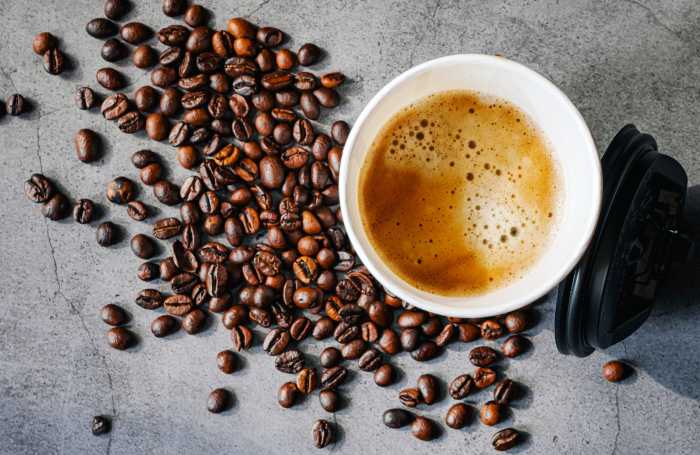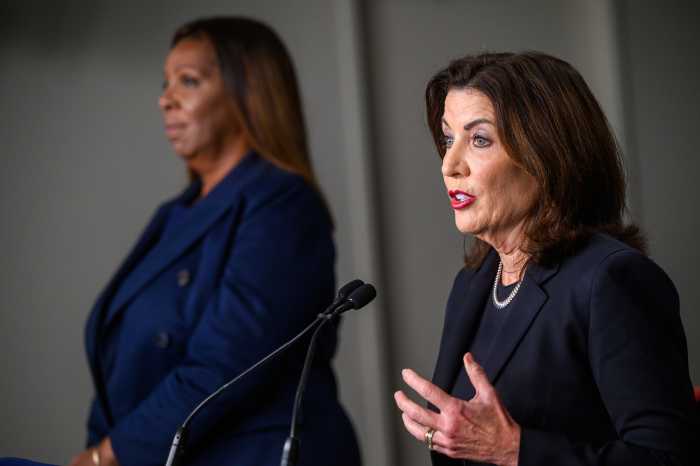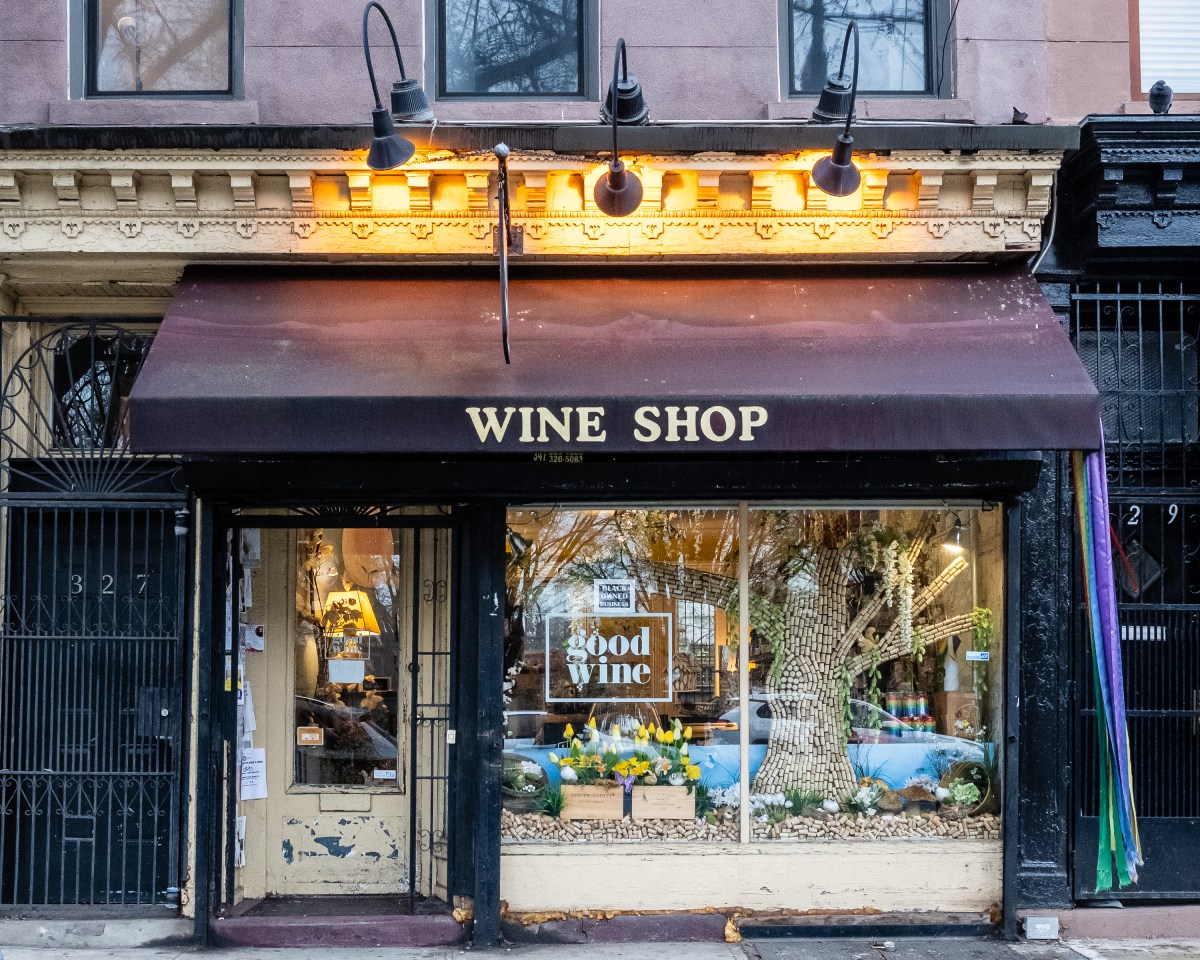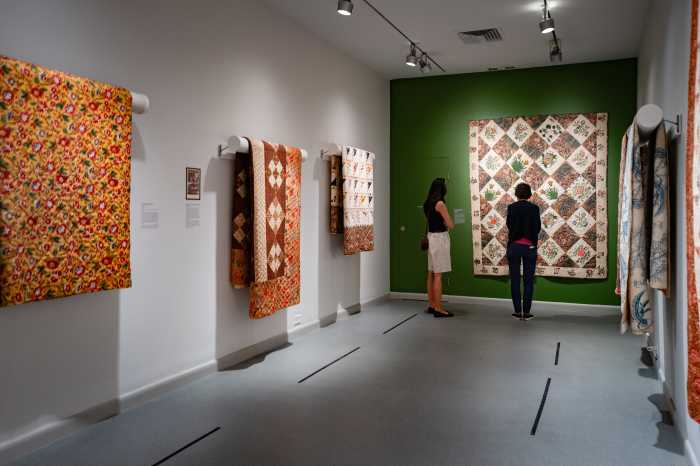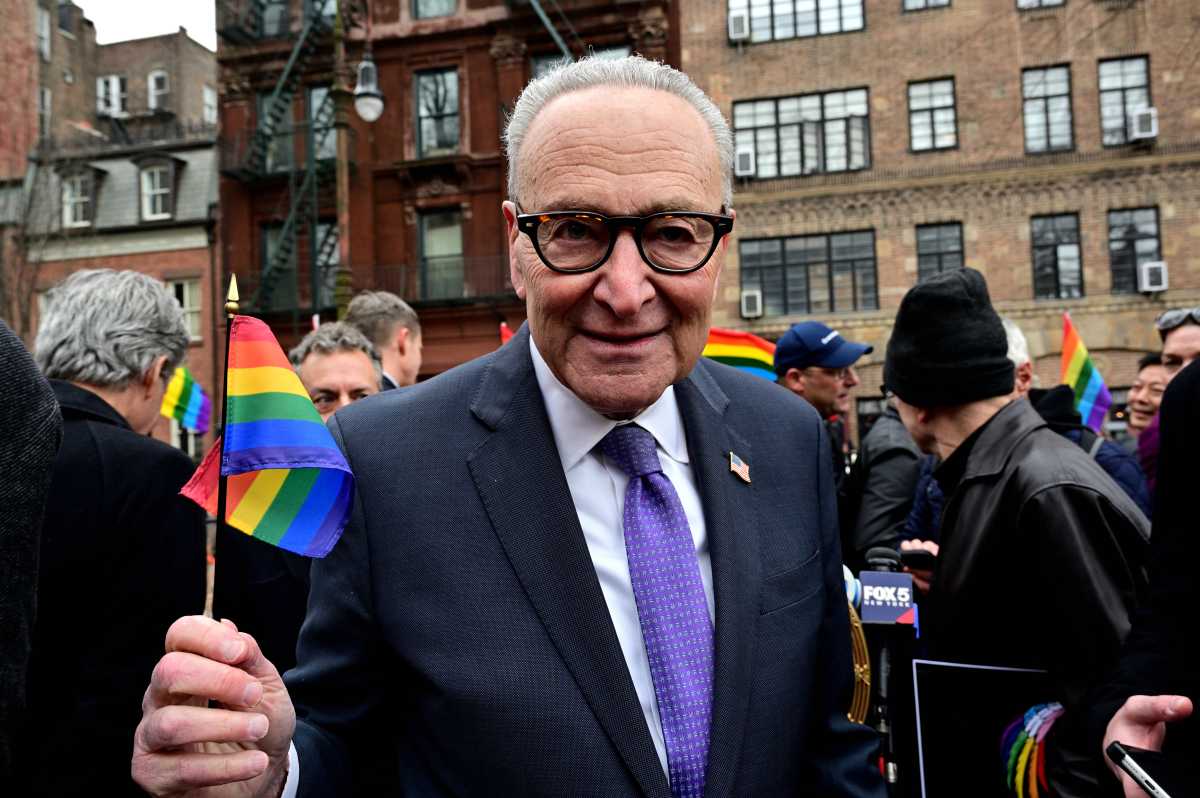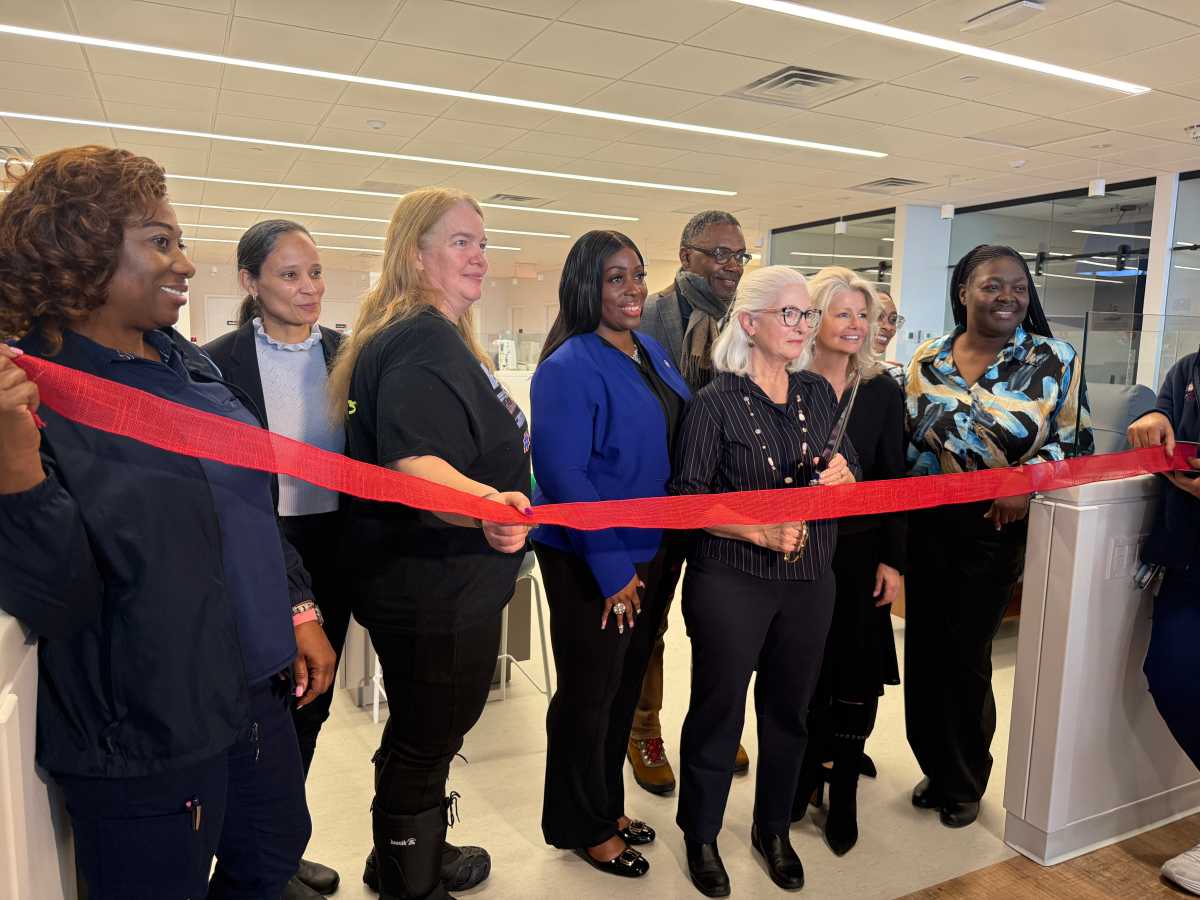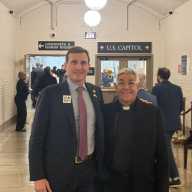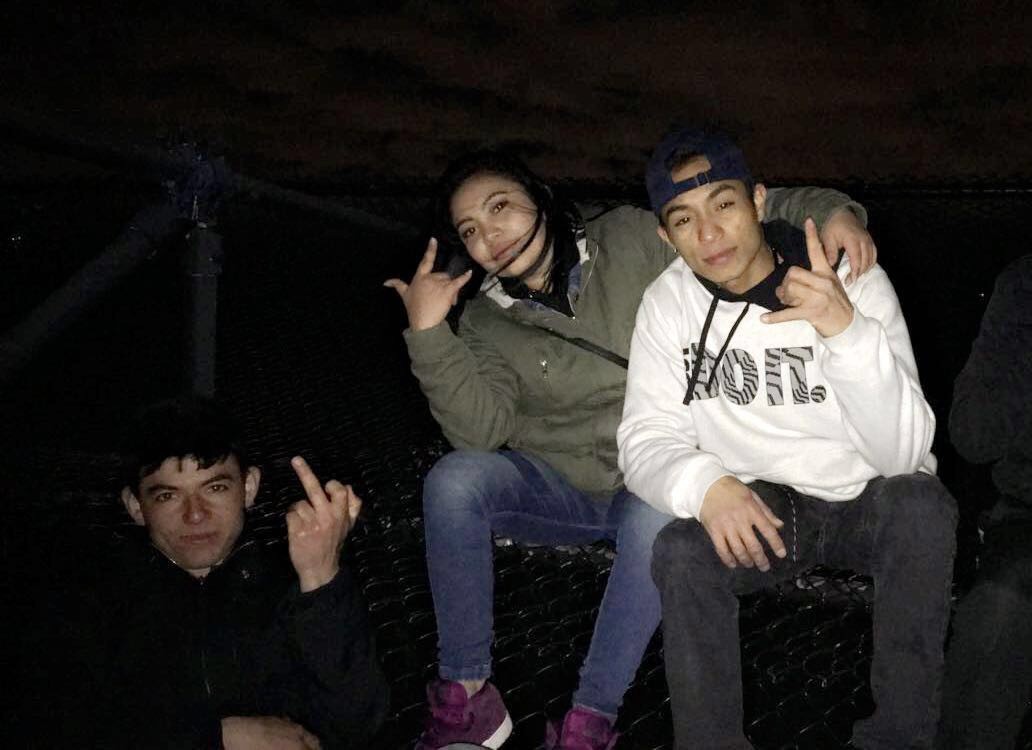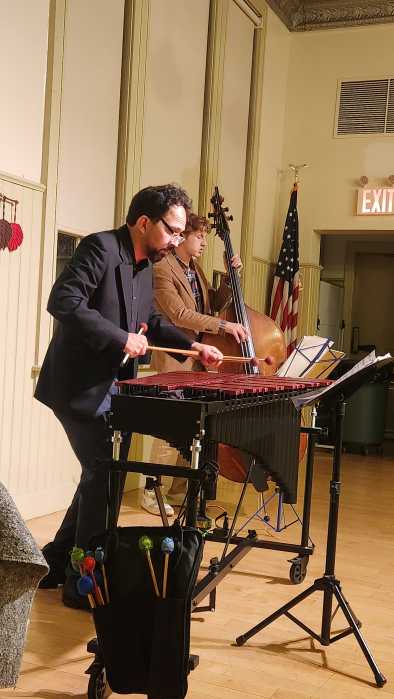The moment you open the door to Bird & Branch, a cafe in Midtown, you’re immediately hit with that satisfying, warm coffee aroma as it invades your nostrils.
The staff attire mirrors the relaxed vibe of the shop, casual clothes that allow the ease and a fast pace behind the counter. The barista dresses in workout clothes and wears glasses, warms the milk before putting it into the coffee. She smiled and wished a guest: “Happy birthday .” The customer paused, eyes widening in surprise, caught off guard that his coffee ritual place remembered his special day.
It’s these little details that make Bird & Branch, a place that serves not only coffee but also fosters community. But beyond the smiles and ritual that coffee brings to Americans, the small coffee shops face new pressures from Washington.
In recent months, new changes in tariffs have raised questions and uncertainty about what would happen to the prices of coffee and how this could affect customers and coffee owners.
Two-thirds of American adults consume coffee daily, according to Lauren Burke, spokesperson for the National Coffee Association. Burke explains that coffee supports more than 2.2 million U.S. jobs, adding $343 billion to the economy every year and accounting for 8% of the total U.S. food service sector.
“The U.S. relies almost entirely on imports to meet its coffee demand, and only 1% of the beans Americans drink come from Hawaii and Puerto Rico. Every dollar in coffee imports is tied to $43 in U.S. economic value,” Burke noted.
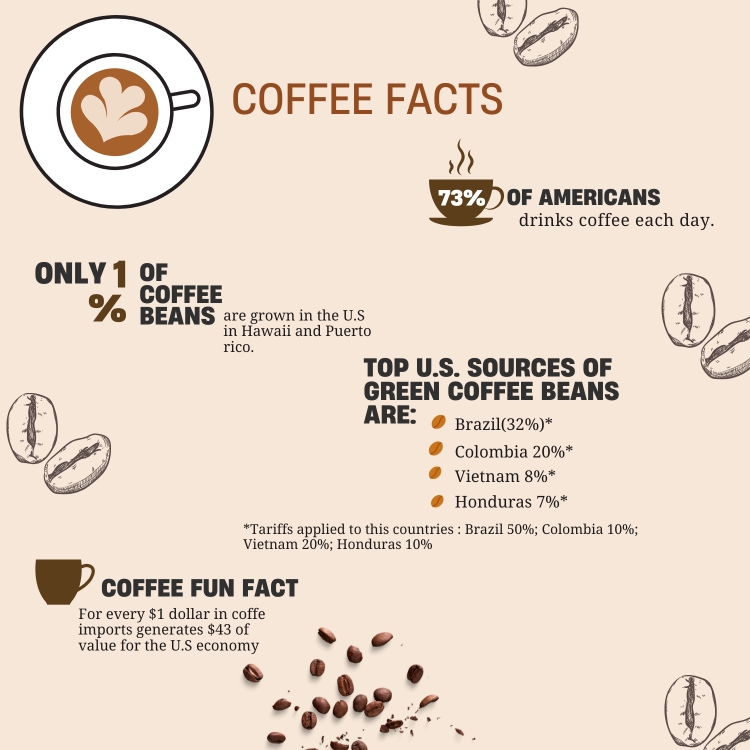
Bird & Branch opened in 2018. Brandon Lee, along with his wife, Faith Lee, fulfilled a ten-year dream to open a coffee shop, and they are aware how tariffs could affect their coffee shop; these policies aren’t distant headlines but a direct challenge to their sourcing of beans.
As a green coffee buyer, Lee purchases the unroasted coffee that is grown and processed in other countries such as Bolivia, Honduras, Guatemala, and Colombia. The government has applied tariffs to this country’s goods. He explained that in his coffee shop, the retail pricing has had to increase slightly, and tariffs have only affected a small percentage of the coffee they purchased.
“Much of our coffee was in the process of being purchased before tariff announcements, but I expect to see increases in the next few years unless an exception is passed on coffee,” Lee said.
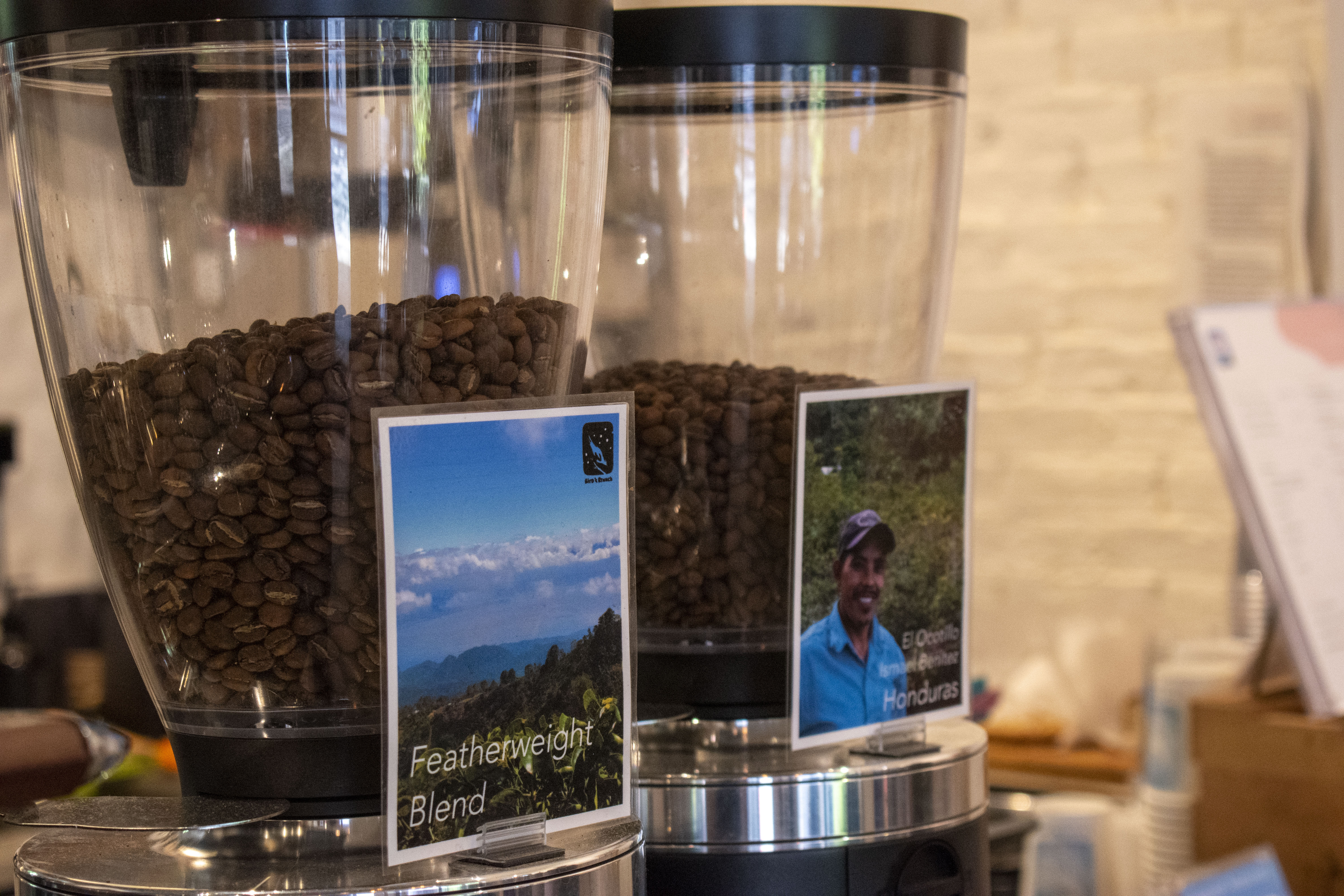
Coffee shop owners are not the only ones facing these challenges; importers are also affected.
Royal NYC, a company that imports coffee and tea, released a report that explains where explains that Brazilian coffee is one of the most affected by the 50% tariff on these imports.
“The cost is not absorbed by Brazil, but by U.S. importers, who pass it along at higher prices to roasters and, ultimately, the consumer. In turn, the tariff will reroute Brazilian beans to Europe and Asia, forcing U.S. importers to seek alternatives from Mexico, Central America, and Africa,” Royal NYC explains on its website.
Importers are experiencing an immediate squeeze, but economists are seeing the same dynamic at a national scale.
“It’s going to make things more expensive. It’s going to reduce imports. Some imports may not fall because there’s no good substitute. And coffee is a good example. There’s no coffee production in the US, so people are going to continue to buy coffee from Brazil, Ecuador, and Peru,” said Armen Khederlarian, an expert in International Trade and Macroeconomics. Khederlarian explained that evidence shows that Trump’s first tariffs were directly passed on to consumers and not absorbed by foreign exporters.
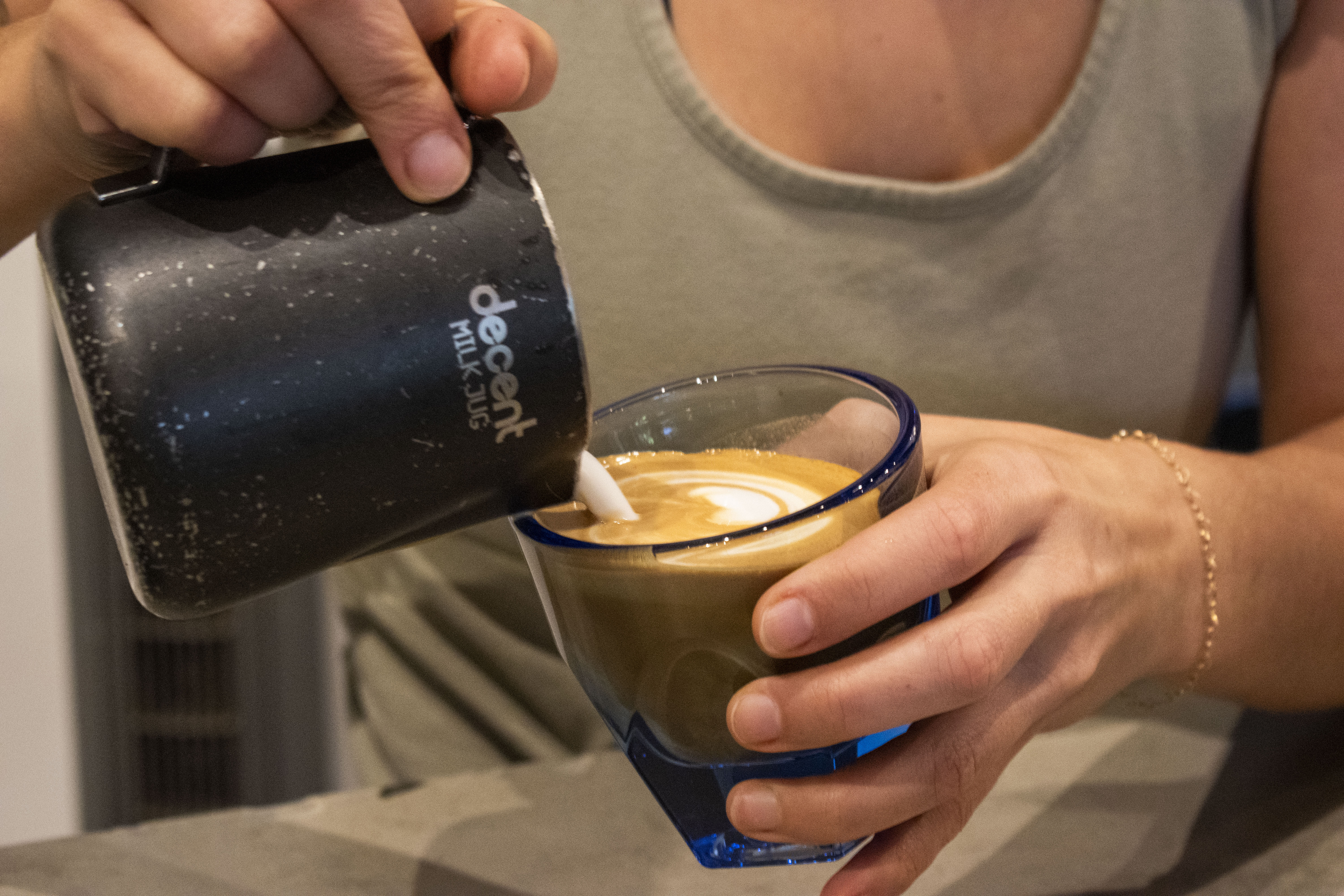
Khederlarian presents another problem. The U.S. lacks the tools to replace foreign goods. He says that when tariffs make coffee imports costlier, U.S. producers—already more expensive—often raise their prices too, adding further upward pressure on costs.
He noted that developing U.S alternatives would take years.
“New firms need to enter the industry. They need to set up factories, invest, and hire people, all of which is going to take a lot of time. It is unclear how long the tariffs are going to remain in place, so all of this is going to lead to the new industry developing relatively slowly,” Khederlarian says.
What is next remains uncertain.
Will the government grant an exception from the tariffs in time to ease the strain on importers, or will the continuing tariffs force more small coffee shop owners to abandon their current source of beans for cheaper alternatives? At Bird & Branch, they leverage their strong ties with growers to continue operating.
“I will not change my purchasing habits based on tariffs because of our company values, and because customers still need coffee,” Lee said.
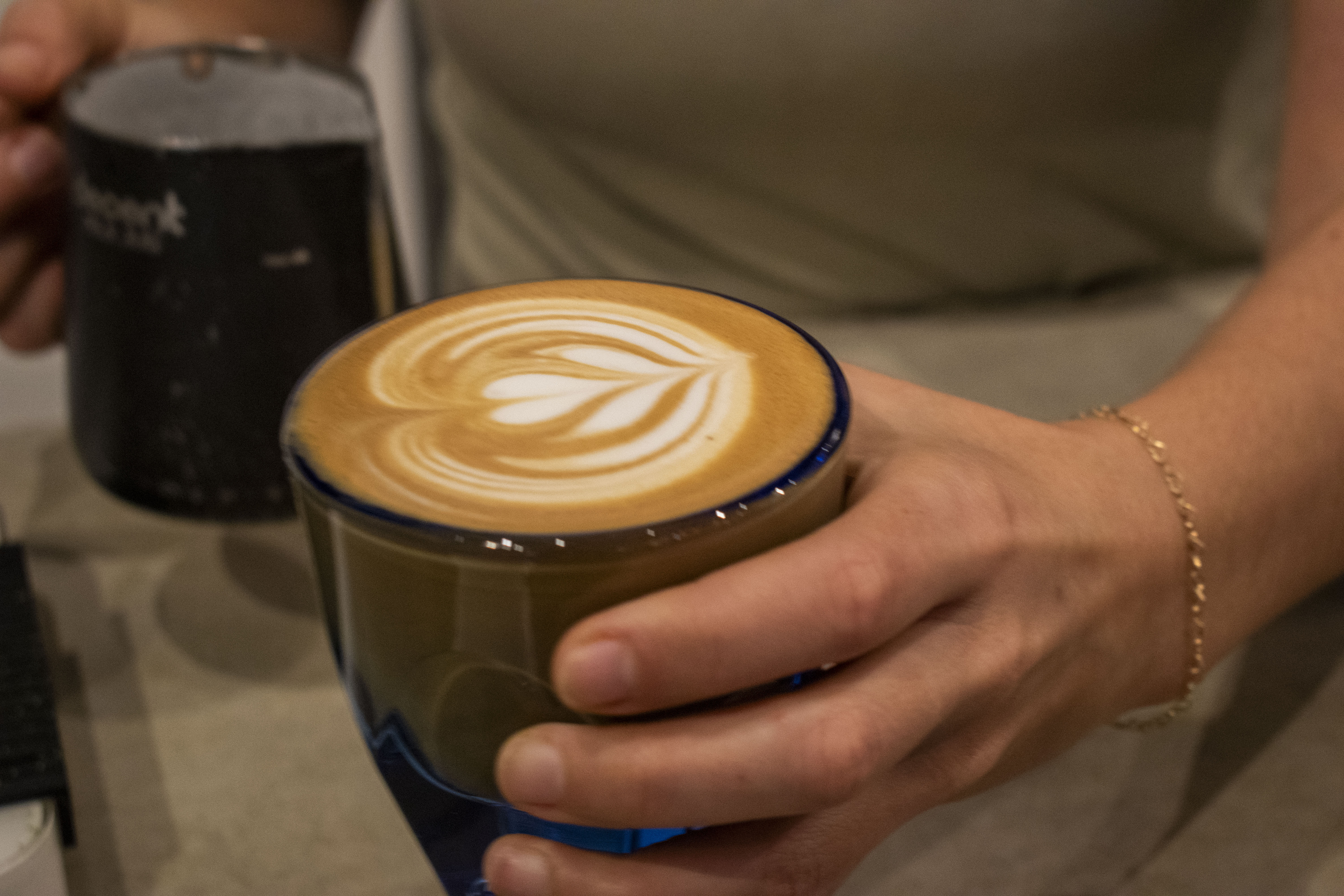
For New Yorkers, a cup of coffee is more than just caffeine; it’s a ritual, a comfort, and a community. Whether exemptions come or tariffs are lowered, cafe owners may face difficult choices. For now, the smell of fresh ground beans and the small exchanges between baristas and regulars remain unchanged.
“The entire industry is aware that price increases will be necessary, but we will all work together to keep things going,” Lee says.
